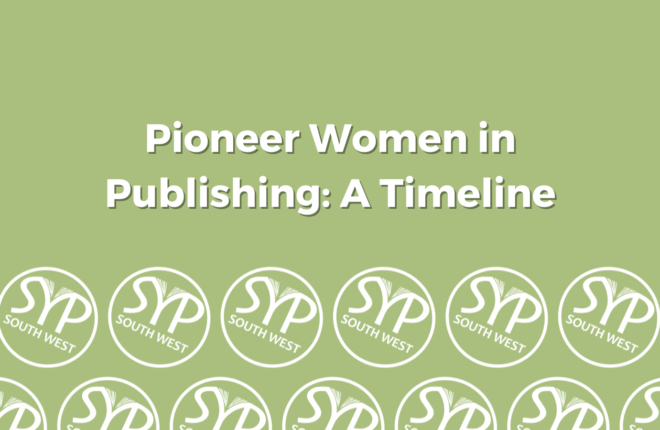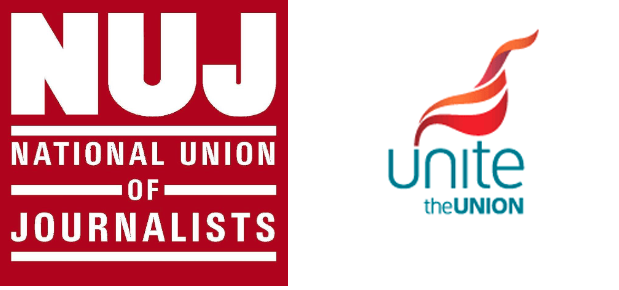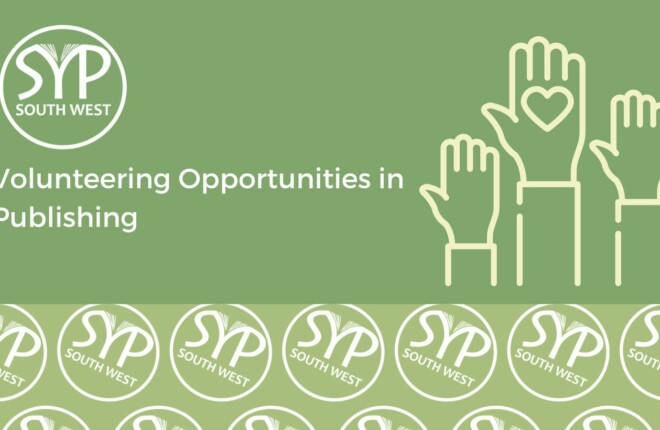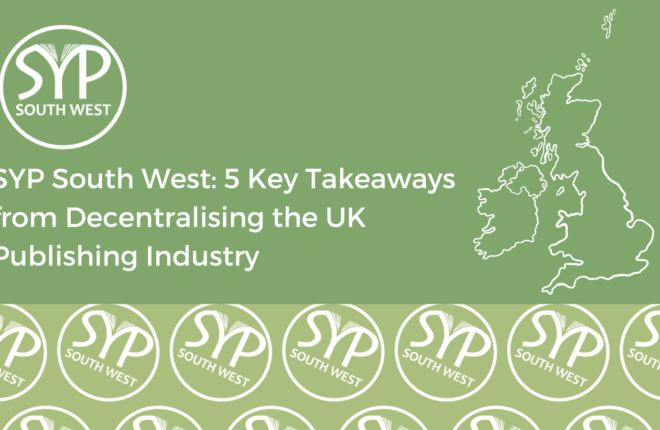
Union Membership and the Publishing Industry
Posted on July 19, 2022 in South West

The South West Committee of the SYP on the importance of joining a union.
When you start your first job in publishing it’s likely that you’ll feel joy and relief at having got your foot in the door of a highly competitive industry. You know that it requires hard work (and you’ll have worked hard to get in), and you’ll likely feel grateful to your employer for giving you a shot when so many other qualified candidates applied for your role. You may also know that publishing has struggled to lose a reputation for low pay and long hours; this doesn’t mean that you should have to expect or accept exploitation, discrimination or any other unfair treatment. Things don’t have to remain ‘the way they are’, regardless of an industry’s reputation.
Unions are currently very much in the public eye: given the rising cost of living crisis and years of stagnating wages, as a country we are entering a summer of highly publicised union balloting and strike action for fair pay, fair treatment and proper employment rights. If you’ve newly entered employment – or been lucky enough to work for a decent employer so far – you might not fully know the role that unions play or how they fit into your own career in publishing. You might think that unions only cater to the public sector – they don’t. One of the largest media unions, the National Union of Journalists (NUJ), has members in large organisations with thousands of employees as well as small publishing houses with just a handful of staff. Amongst other roles they help ‘negotiate pay rates, hours [and] staffing issues’ and they campaign against inequality, harassment and dangerous conditions at work.
Young people often face poor conditions in the workplace with extremely low pay. In 2018, however, union membership among young people was only 8%, and 40% of union members were aged 40 or over. Whether young people are deterred, or unaware, of union membership, the strongest way to fight for fair conditions for yourself and others in publishing is by collective organisation and bargaining. I personally think of union membership as an insurance, or a tax – you may not need their help right now, but you will be able to rely on your union if you do. If you (hopefully) never need to contact your union for direct help, the chances are that you will have still passively benefitted from their representation on your behalf, and you can guarantee that your monthly dues will have helped members who do need union support.
Different unions
Publishing doesn’t have a specialised union but lots of employees in publishing are members of the NUJ. The name may suggest that this union isn’t for you, but the NUJ has approximately 1000 members in its Books division, 2000 members in the Magazine division and supports workers ‘across the media, from newspapers, broadcasting and book publishing [both academic and trade] to magazines, websites, mobile devices, social media and PR agencies. [Their] members work across a diverse range of jobs – anything from reporting, writing, photography and editing to design, videography, communications and presenting’. I joined the NUJ not long after starting my first role in publishing and with their help managed to navigate a difficult pay dispute. I didn’t know I would need them when I joined but I’m really grateful for their help.
Unite is not a publishing-specific union ‒ it is the second largest trade union in the UK, with over 1.2 million members covering roles from ‘content creations, sales, administration, IT and warehousing’ in publishing, as well as supporting members who ‘produce and design commercial print, magazines, newspapers, books, catalogues, security and currency products and direct marketing’. This union may be more appropriate than NUJ depending on your job role; it is also slightly cheaper to join than NUJ. Penguin Random House, for example, has a joint chapel with both NUJ and Unite offering membership to and supporting their employees.
Costs
Joining a union requires paying monthly dues which are usually based on your current earnings. The NUJ has three grades of membership costs for full-time workers and a reduced cost for anyone earning less than £16,000pa. This ensures that nobody pays more than 1% of their wage towards union fees. Unite has two levels of membership as well as a reduced cost for anyone earning under £18,000pa, the unwaged or those completing apprenticeships.
Anybody has the right to join a union, regardless of whether their employer formally recognises trade unions, or whether a union is or isn’t able to organise within their workplace. While employees in publishing enjoy working in a creative industry, the sector still suffers from poor practices: from contract-mandated or quietly expected overtime to unpaid internships, a lack of BAME representation and the centralisation of the industry which prices out so many talented candidates. With the gender pay gap and pay discrepancies between companies having been highlighted in recent years, you never know when you might need union representation. And if you need help, it’s likely that others do too: joining a union helps bring together workers to fight for their employment rights and organise in a movement to show solidarity with their peers and colleagues. I do strongly recommend that all employees in publishing – especially young publishers – look into the different union options available, talk to your friends and choose the one that best supports your needs. There is strength in numbers.




 Listen to the podcast
Listen to the podcast  Explore the Youtube channel
Explore the Youtube channel